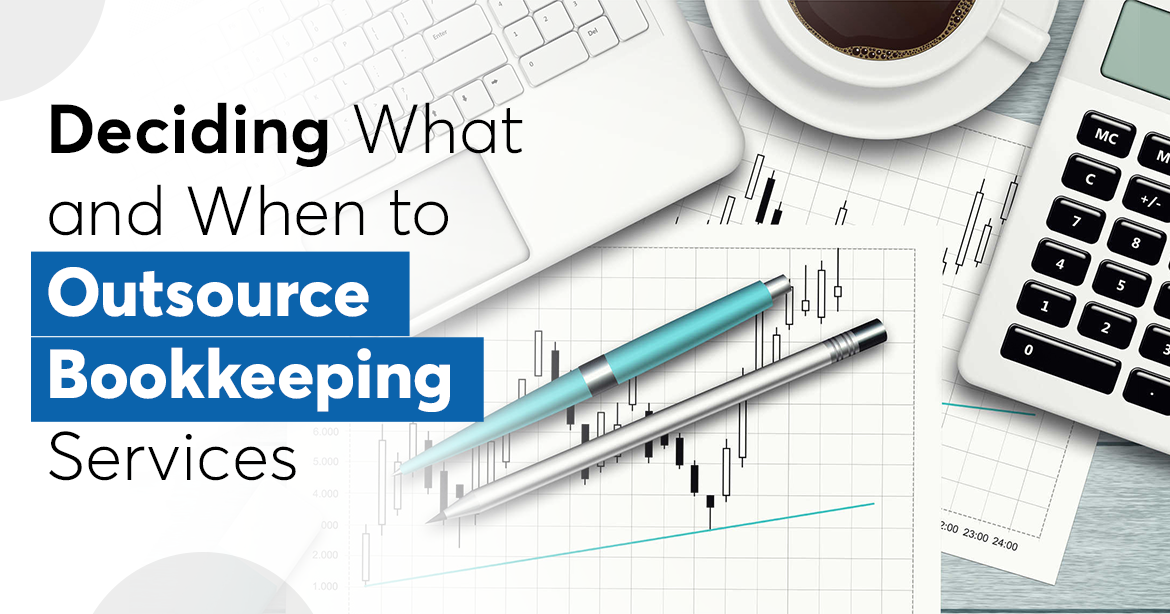Stock Option Trading Millionaire Principles
Having been trading stocks and alternatives in the capital markets professionally for many years, I have actually seen many ups and downs.
I have actually seen paupers end up being millionaires over night …
And
I have seen millionaires become paupers overnight …
One story told to me by my coach is still etched in my mind:
"Once, there were two Wall Street stock exchange multi-millionaires. Both were exceptionally effective and decided to share their insights with others by offering their stock exchange projections in newsletters. Each charged US$ 10,000 for their opinions. One trader was so curious to know their views that he invested all of his $20,000 savings to purchase both their opinions. His good friends were naturally delighted about what the two masters needed to state about the stock market`s instructions. When they asked their good friend, he was fuming mad. Baffled, they asked their pal about his anger. He stated, `One said BULLISH and the other said BEARISH!`."
The point of this illustration is that it was the trader who was wrong. In today`s stock and option market, individuals can have various viewpoints of future market instructions and still profit. The distinctions lay in the stock choosing or choices technique and in the mental attitude and discipline one utilizes in executing that technique.
I share here the fundamental stock and alternative trading concepts I follow. By holding these principles strongly in your mind, they will guide you consistently to profitability. These principles will help you reduce your danger and permit you to examine both what you are doing right and what you might be doing wrong.
You might have checked out ideas similar to these prior to. I and others use them since they work. And if you remember and reflect on these concepts, your mind can utilize them to guide you in your stock and options trading.
PRINCIPLE 1.
SIMPLENESS IS MASTERY.
Wendy Kirkland
I picked up this trick from Wendy Kirkland, When you feel that the stock and options trading technique that you are following is too complicated even for basic understanding, it is probably not the very best.
In all aspects of successful stock and alternatives trading, the most basic techniques typically emerge triumphant. In the heat of a trade, it is easy for our brains to end up being emotionally overloaded. If we have a complex method, we can not stay up to date with the action. Easier is much better.
CONCEPT 2.
NO ONE IS OBJECTIVE ENOUGH.
If you feel that you have absolute control over your emotions and can be objective in the heat of a stock or alternatives trade, you are either a harmful types or you are an unskilled trader.
No trader can be absolutely unbiased, particularly when market action is unusual or extremely unpredictable. Just like the perfect storm can still shake the nerves of the most experienced sailors, the perfect stock market storm can still unnerve and sink a trader really quickly. For that reason, one must strive to automate as lots of crucial elements of your technique as possible, specifically your profit-taking and stop-loss points.
PRINCIPLE 3.
HANG ON TO YOUR GAINS AND CUT YOUR LOSSES.
This is the most essential principle.
A lot of stock and options traders do the opposite …
They hold on to their losses way too long and see their equity sink and sink and sink, or they leave their gains prematurely only to see the price increase and up and up. Over time, their gains never cover their losses.
This principle requires time to master appropriately. Reflect upon this concept and examine your past stock and options trades. If you have actually been unrestrained, you will see its fact.
CONCEPT 4.
BE AFRAID TO LOSE CASH.
Are you like a lot of beginners who can`t wait to leap right into the stock and choices market with your cash wishing to trade as soon as possible?
On this point, I have found that many unprincipled traders are more scared of missing out on "the next huge trade" than they hesitate of losing money! The secret here is ADHERE TO YOUR METHOD! Take stock and options trades when your strategy signals to do so and avoid taking trades when the conditions are not satisfied. Exit trades when your technique says to do so and leave them alone when the exit conditions are not in place.
The point here is to be scared to throw away your cash because you traded needlessly and without following your stock and choices strategy.
PRINCIPLE 5.
YOUR NEXT TRADE COULD BE A LOSING TRADE.
Do you absolutely believe that your next stock or options trade is going to be such a big winner that you break your own finance guidelines and put in whatever you have? Do you remember what usually takes place after that? It isn`t quite, is it?
No matter how positive you might be when going into a trade, the stock and choices market has a method of doing the unanticipated. For that reason, always stick to your portfolio management system. Do not compound your awaited wins since you may end up compounding your very genuine losses.
CONCEPT 6.
DETERMINE YOUR EMOTIONAL CAPACITY BEFORE INCREASING CAPITAL OUTLAY.
You understand by now how different paper trading and real stock and options trading is, don`t you?
In the very same way, after you get used to trading genuine cash regularly, you discover it exceptionally different when you increase your capital by ten fold, do not you?
What, then, is the distinction? The distinction remains in the emotional problem that features the possibility of losing more and more real money. This happens when you cross from paper trading to genuine trading and also when you increase your capital after some successes.
After a while, most traders recognize their maximum capacity in both dollars and emotion. Are you comfy trading approximately a few thousand or tens of thousands or hundreds of thousands? Know your capacity before committing the funds.
CONCEPT 7.
YOU ARE A BEGINNER AT EVERY TRADE.
Ever seemed like a professional after a couple of wins and then lose a lot on the next stock or options trade?
Overconfidence and the incorrect sense of invincibility based on past wins is a dish for catastrophe. All specialists respect their next trade and go through all the appropriate actions of their stock or choices strategy before entry. Treat every trade as the very first trade you have ever made in your life. Never deviate from your stock or options method. Never.
CONCEPT 8.
YOU ARE YOUR FORMULA TO SUCCESS OR FAILURE.
Ever followed an effective stock or choices technique just to fail badly?
You are the one who figures out whether a method is successful or fails. Your character and your discipline make or break the technique that you use not vice versa. Like Robert Kiyosaki states, "The financier is the asset or the liability, not the financial investment."
Comprehending yourself initially will cause eventual success.
PRINCIPLE 9.
CONSISTENCY.
Have you ever altered your mind about how to carry out a method? When you make changes day after day, you wind up capturing nothing but the wind.
Stock exchange fluctuations have more variables than can be mathematically developed. By following a proven technique, we are ensured that someone successful has stacked the odds in our favour. When you evaluate both winning and losing trades, determine whether the entry, management, and exit met every criteria in the method and whether you have followed it exactly before changing anything.
In conclusion …
I hope these basic guidelines that have actually led my ship out of the harshest of seas and into the very best harvests of my life will guide you too. All the best.

